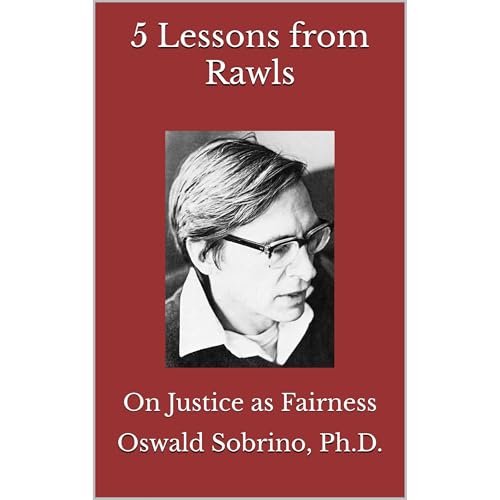
5 Lessons from Rawls
On Justice as Fairness
No se pudo agregar al carrito
Solo puedes tener X títulos en el carrito para realizar el pago.
Add to Cart failed.
Por favor prueba de nuevo más tarde
Error al Agregar a Lista de Deseos.
Por favor prueba de nuevo más tarde
Error al eliminar de la lista de deseos.
Por favor prueba de nuevo más tarde
Error al añadir a tu biblioteca
Por favor intenta de nuevo
Error al seguir el podcast
Intenta nuevamente
Error al dejar de seguir el podcast
Intenta nuevamente
$0.00 por los primeros 30 días
Escucha audiolibros, podcasts y Audible Originals con Audible Plus por un precio mensual bajo.
Escucha en cualquier momento y en cualquier lugar en tus dispositivos con la aplicación gratuita Audible.
Los suscriptores por primera vez de Audible Plus obtienen su primer mes gratis. Cancela la suscripción en cualquier momento.
Compra ahora por $3.99
-
Narrado por:
-
Virtual Voice
-
De:
-
Oswald Sobrino

Este título utiliza narración de voz virtual
Voz Virtual es una narración generada por computadora para audiolibros..
Todavía no hay opiniones



